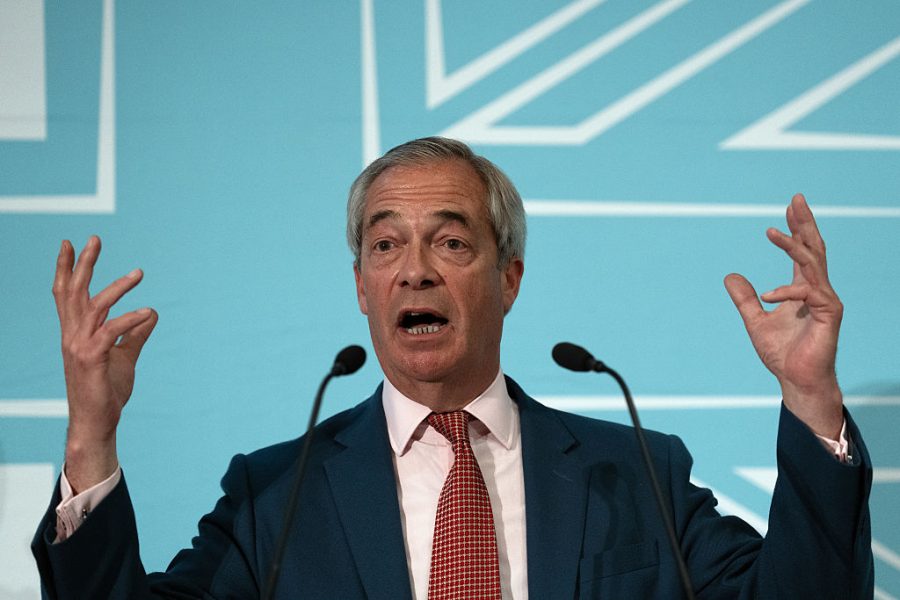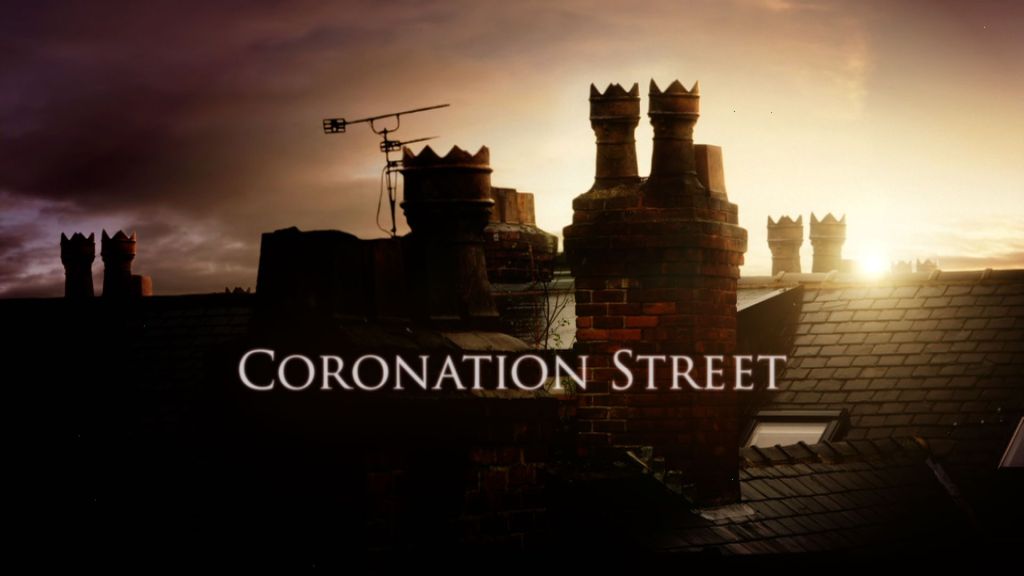When chancellors approach a major moment like a Spending Review, they tend to have a figure in their mind’s eye – someone who embodies the type of voter they hope to win over at the next election: a Mondeo man or Stevenage woman. Rachel Reeves clearly had a very specific figure in mind for today’s Spending Review. But unlike her predecessors, this was no Labour voter. Her Spending Review was laser-focused on Nigel Farage.
So why double down on a strategy that was hardly popular with the electorate?
Between a laundry list of spending pledges that would have you believe Britain is in a boom, Reeves took aim at Farage. She castigated him for backing Liz Truss’s mini-budget and for spending too much time at the pub (arguably one of his best attributes). However, in choosing such tangential attacks, Reeves only drew attention to Labour’s fear of Farage.
Labour’s spending commitments confirmed they view 2029 as a two-way fight with Reform. Record funding was announced for Scotland and Wales, ahead of local elections next year in which Reform are expected to wipe the floor. Days after Farage put steel-making front and centre of his campaign for Wales – at Port Talbot, no less – Reeves made sure to underline Labour’s commitment to the steel industry, reconfirming half a billion for Tata Steel.
This was paired with a cash injection for up to 350 of the most deprived communities: ‘Funding to improve parks, youth facilities, swimming pools and libraries’, with a focus on jobs, community assets and regeneration. In the absence of a plan to deliver real wage growth and long sought-after ‘renewal’, Reeves is hoping that, come the next election, quick and dirty projects can be plastered onto the leaflets of Labour MPs, in time for them to claim they have actually delivered change.
You don’t need to look far back to see whether or not this will work. It was not that long ago that the Conservatives also gave eye-watering sums to the NHS and tried to cling on to the Red Wall with an almost identical ‘levelling up’ plan, based on pots of funding for local regeneration projects. They too had Green Book reviews and bus fare caps, as recycled by Reeves today.
So why double down on a strategy that was hardly popular with the electorate? With Starmer’s ‘missions’ – of which only one even got a mention from Reeves today – so closely echoing the last government’s ‘five priorities’, you’d be forgiven for thinking that Labour strategists are suffering from collective amnesia.
Labour’s failure to learn from recent political history speaks to their arrogance, rooted in a deeply held belief that Britain’s problems are the result of ‘14 years of Conservative government’. It’s why they came into No. 10 with no plan or narrative for what they wanted to achieve in government. And it’s why they are pursuing the same strategy, choosing the same policies, to be implemented by the same group of civil servants – yet expecting a different result. The winner? Nigel Farage.







Comments